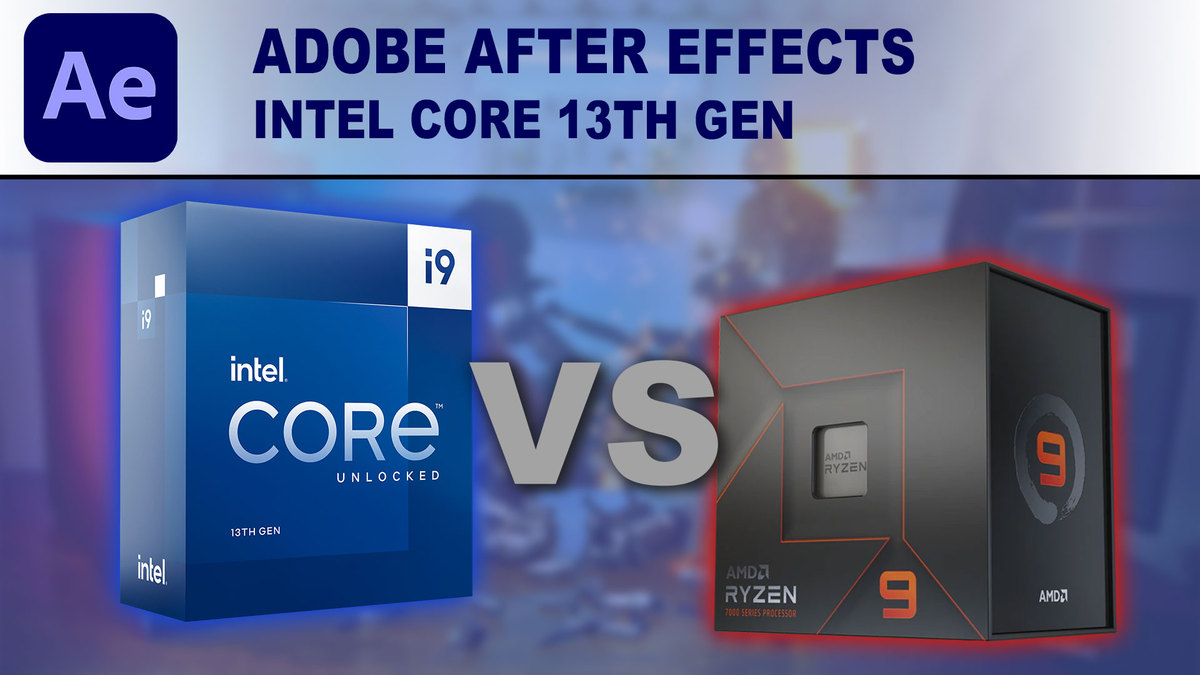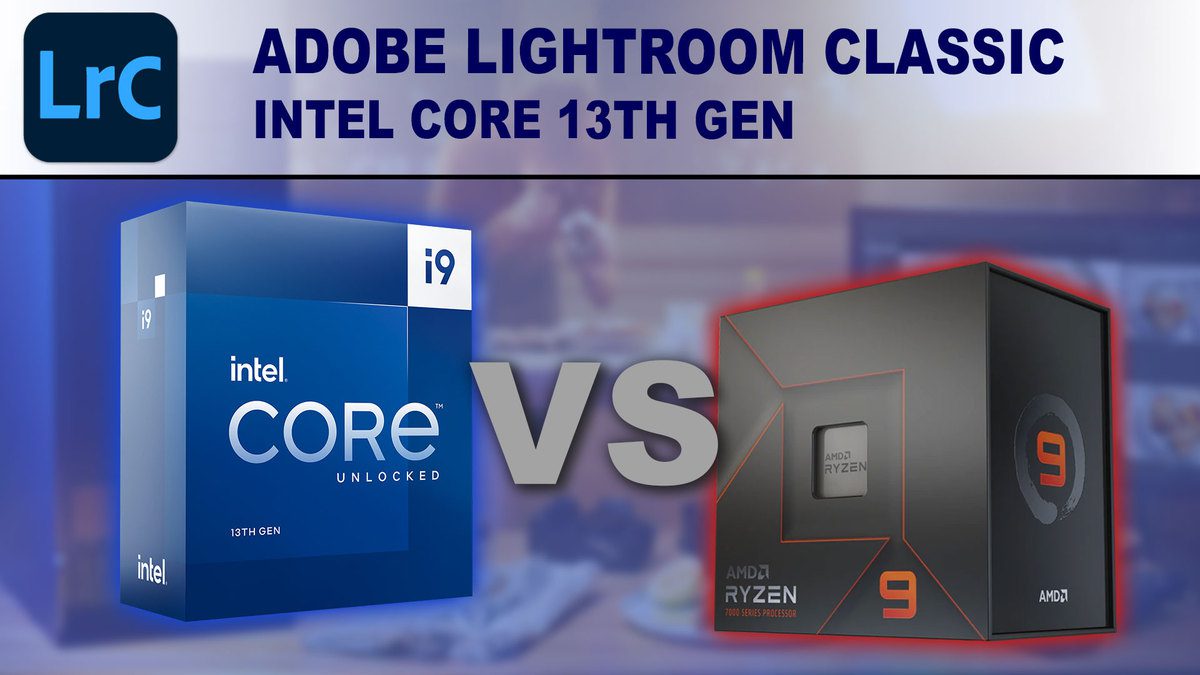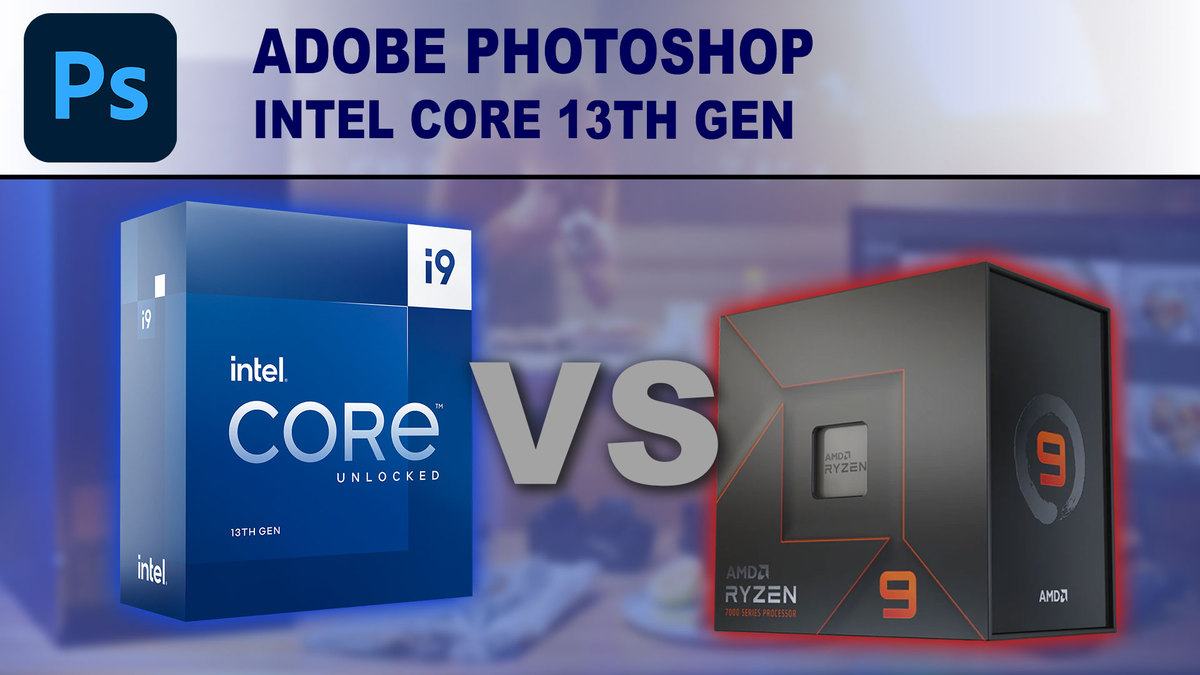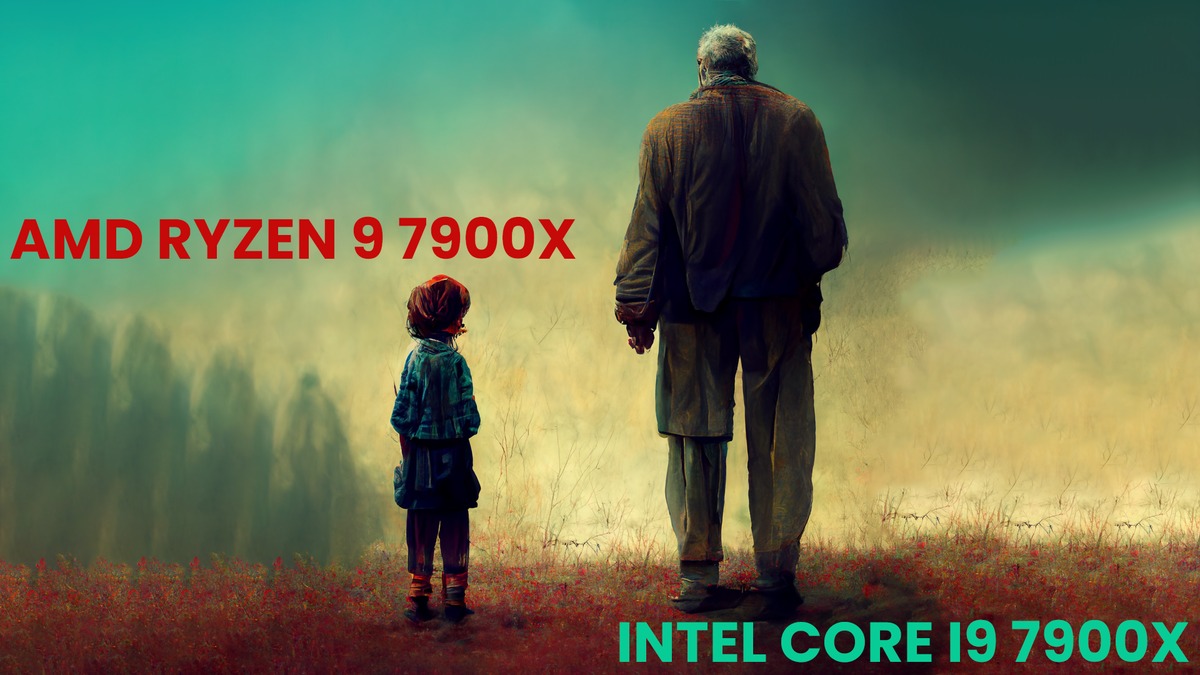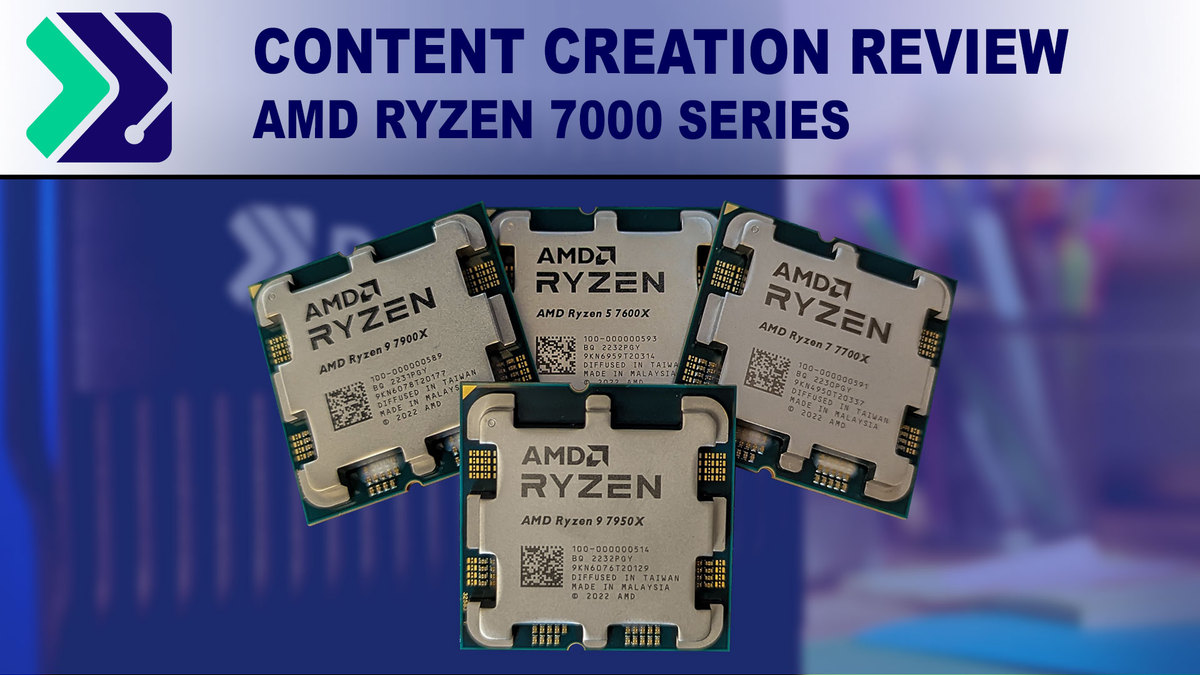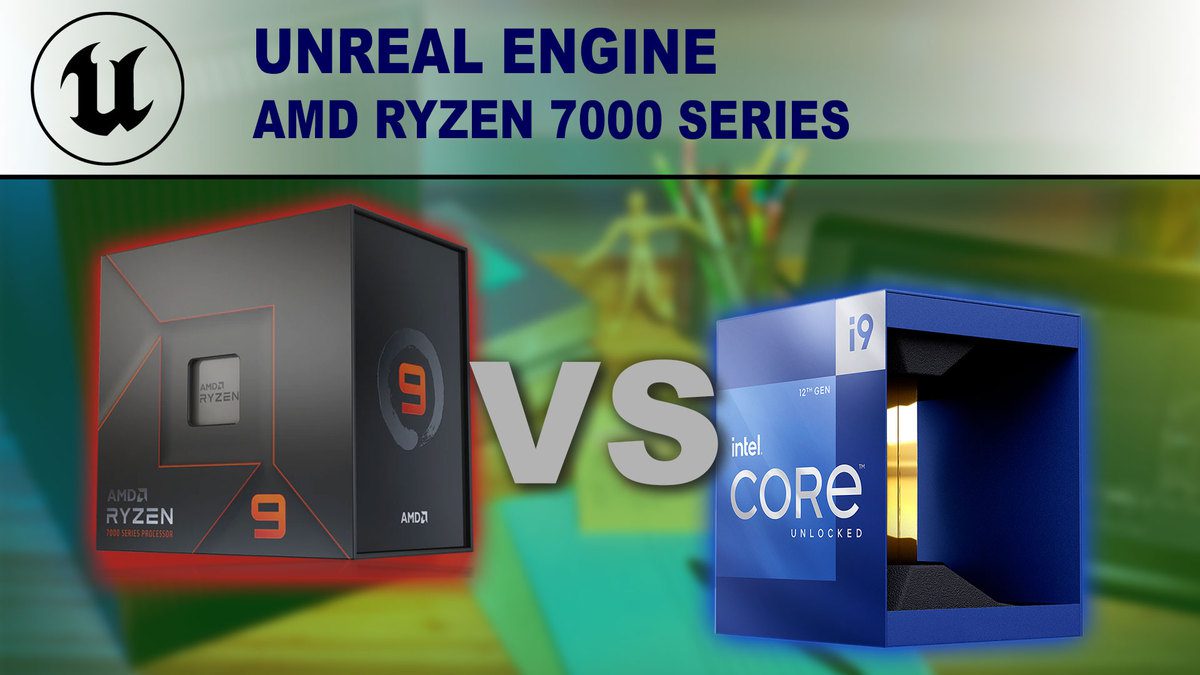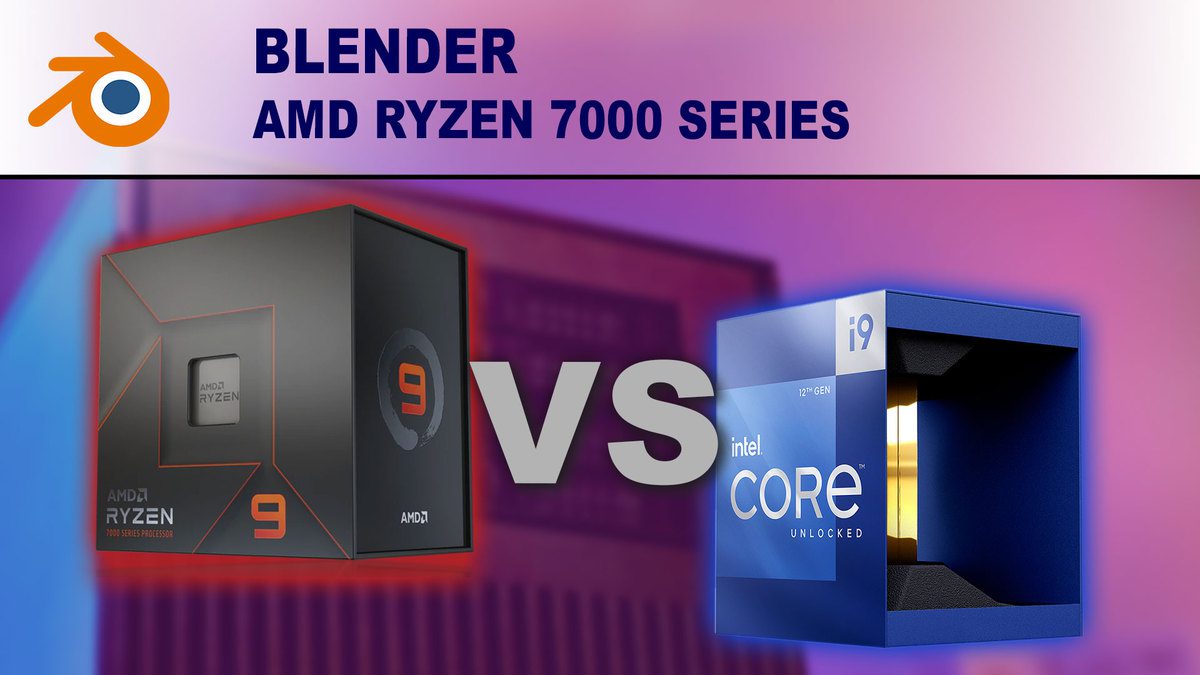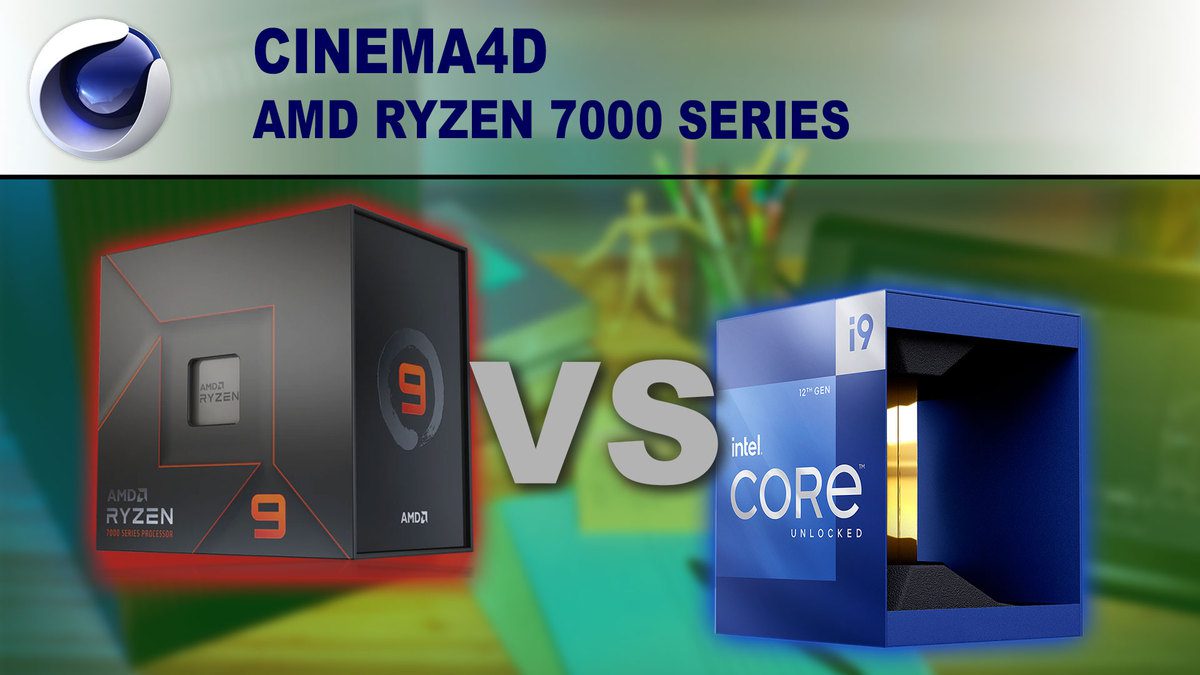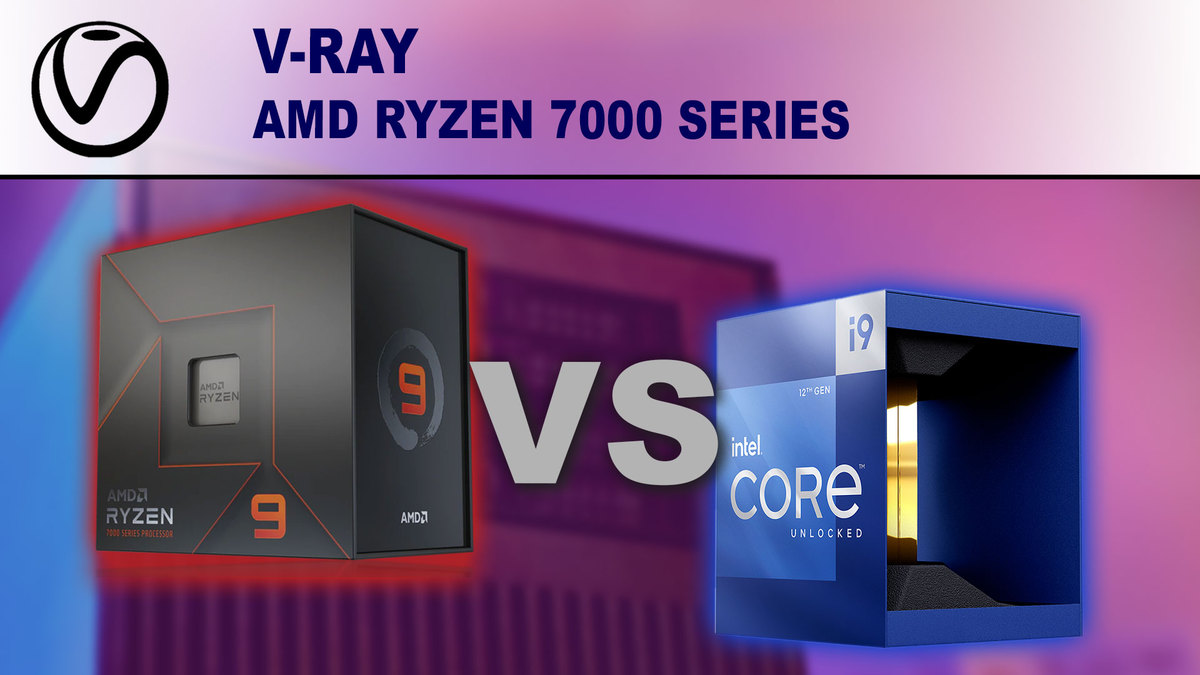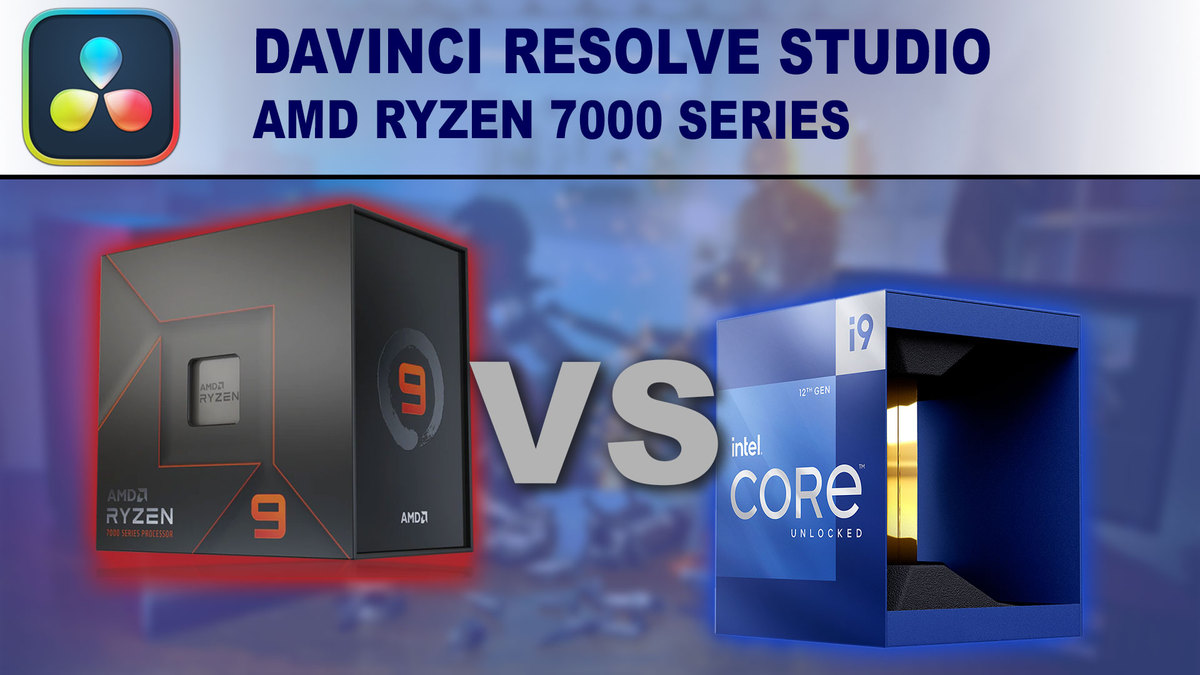Intel’s new 13th Gen processors have just launched, hard on the heels of AMD’s recent release of their Ryzen 7000 Series. Intel and AMD are currently neck-in-neck for After Effects, with the AMD Ryzen 7000 only pulling away with the 7950X in highly complicated projects. Will the increased number of efficiency cores and clock speeds on the 13th Gen processors let Intel take the lead?
